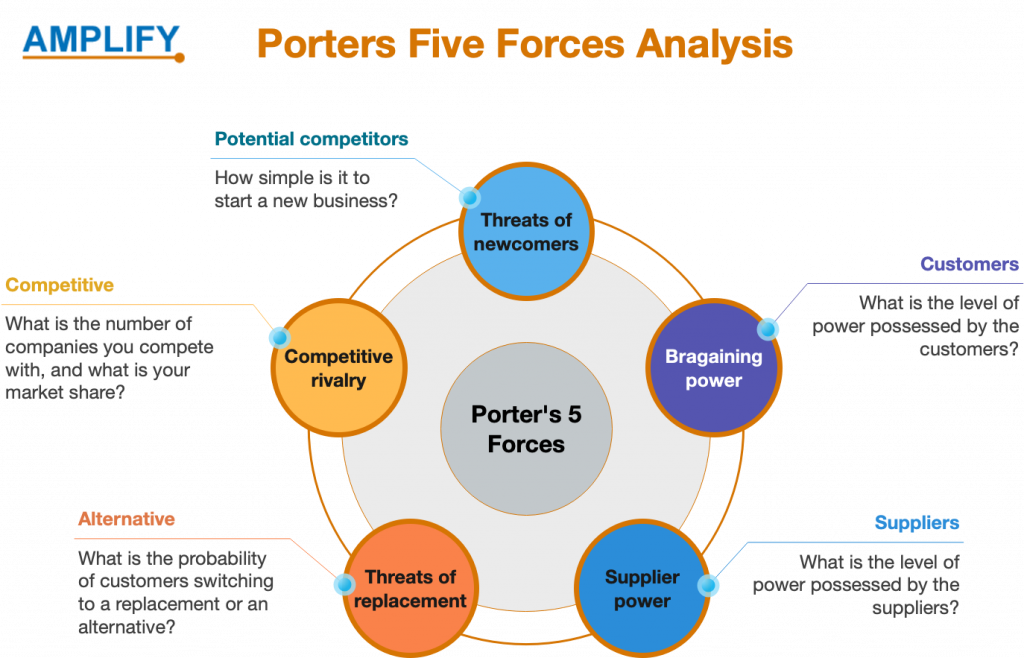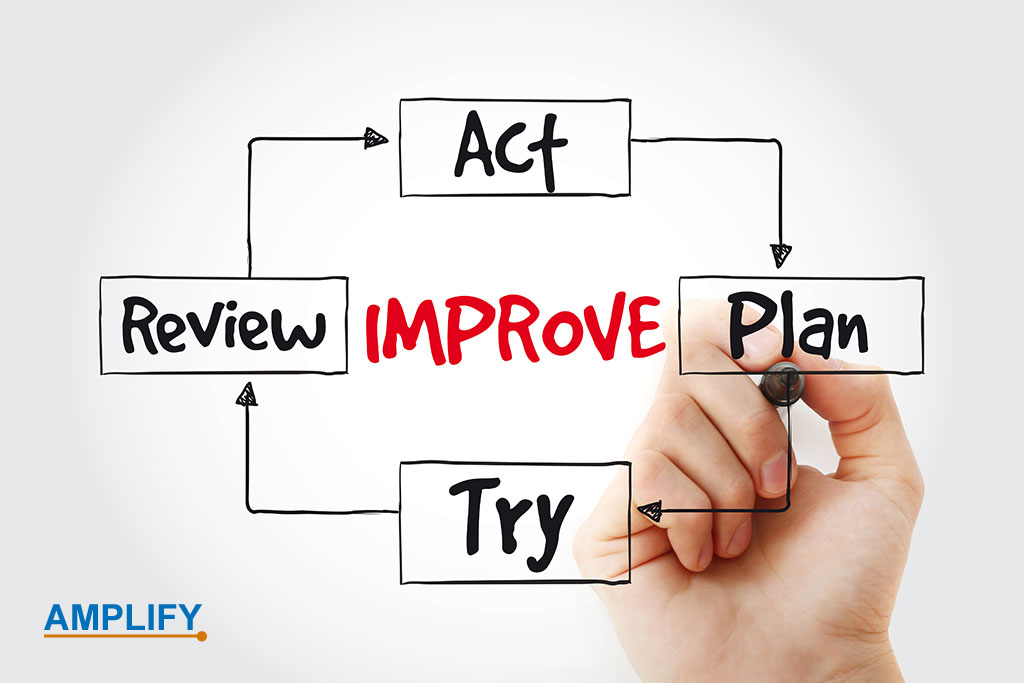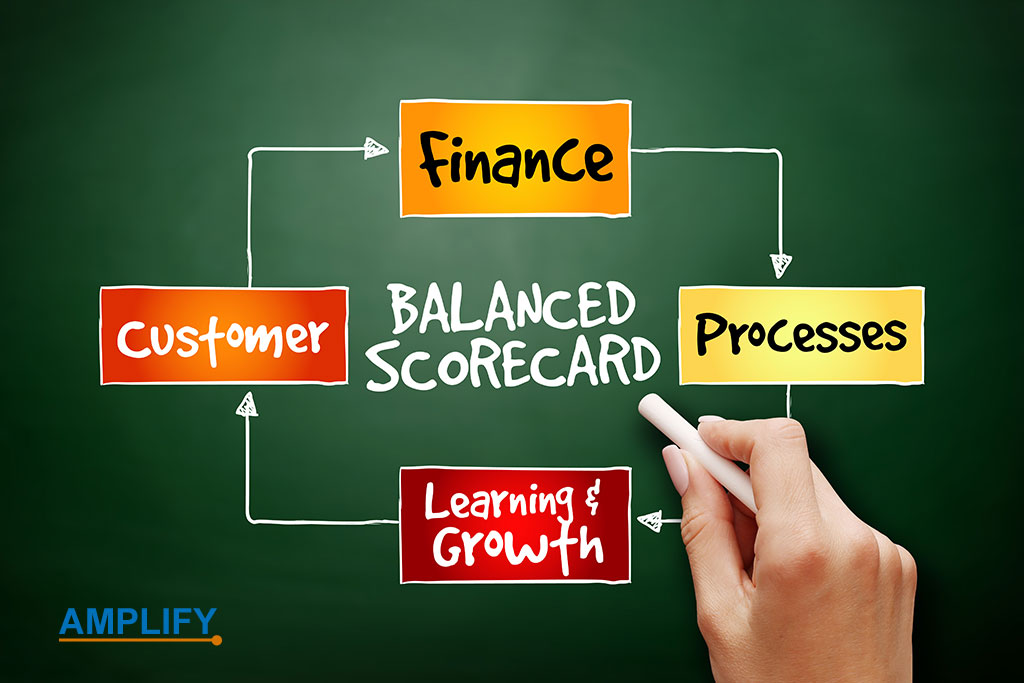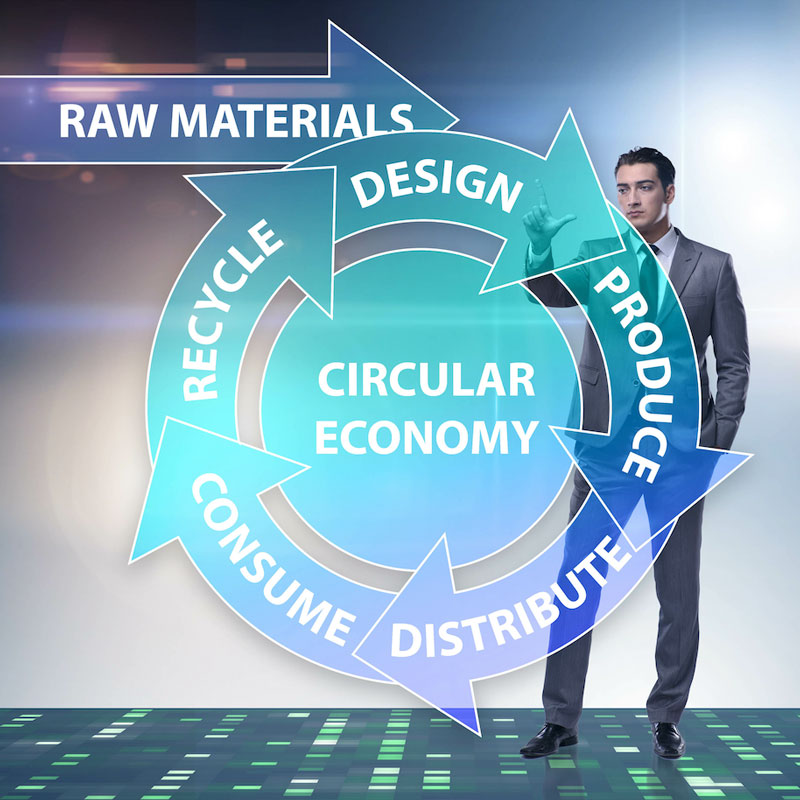Acquiring Your First Customers as a Startup

How Startups Get Their First Customers
Starting a business? Remember, it’s not just about starting. It’s about talking to and getting customers. Don’t just rely on online ads. The real win? Talking to people and truly wanting to succeed.
The Six-Phase Startup Curve
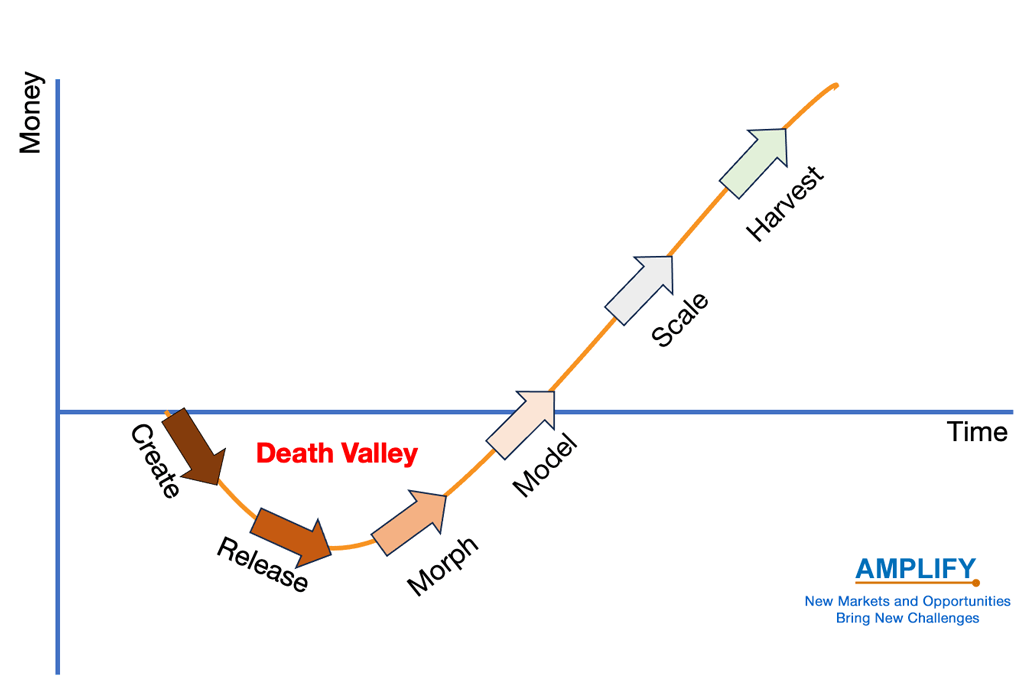
The Six-Step Guide for Startups
Have you heard of the six-phase startup curve by Howard Love? It’s a vital guide that showcases the typical stages a startup undergoes.
Step 1: Begin with a Strong Idea
This first step is very important. Here, you think of a great idea, find a good team, and get money to start. The main goal? Solve real problems. And, always remember, a team with different skills does better.
Step 2: Launch Your Product
Now, you show your product to the world. But, don’t wait for it to be perfect. The main thing is to launch and then learn. Listen to what people say. Their feedback helps a lot.
Step 3: Make Changes If Needed
After some time, you might need to make changes. This step helps you do that. It’s important to be ready to change based on what people say. This increases your chances of success.
Step 4: Build Your Business Model
At this point, you focus on making more money than you spend. The goal is to have good cash flow. This means your business is doing well.
Step 5: Grow Bigger
This step is about growing your brand and reaching more people. It might mean changing some things. But, that’s okay. Growing is all about change.
Step 6: Enjoy the Rewards
Now, you’ve grown from a small startup to a big business. You have choices to make. Do you want to grow more or sell the business? Whatever you choose, it’s a win.
Selling is Key
Knowing how to sell is very important. It helps you understand what people want. When business owners are good at selling, it shows them what works and what doesn’t.
Your Sales Plan: Keep It Simple
Aim for customers who are excited about your product. Free trials are nice, but they don’t always work. Instead, show your value. This makes people willing to pay.
Billing Your First Customer
Aim for customers who are excited about your product. Free trials are nice, but they don’t always work. Instead, show your value. This makes people willing to pay.
Reverse engineering your goal(s)
Why should you plan your sales? It makes things clear. Knowing each step, from talking to showing your product, helps you decide better. This way, you know what’s working.
To end, getting your first customers is a journey. But with the right steps, a willing heart, and good feedback, any startup can shine.
Amplify is here to help.
Many founders must pay more attention to align their marketing efforts with their goals. Prioritizing sales over alternative strategies is crucial. Quick customer qualification during initial calls is vital. Platforms like Amplify can expedite sales, aiding startups with market access and proof-of-concepts. While multiple growth avenues exist, focus initially on non-scalable tactics. Whether you’re a startup or have a 100-person sales team, the core principles remain consistent, albeit executed at a larger scale with more automation and data analytics. Online marketing is generally inadvisable for new businesses due to its lack of direct customer engagement, high costs, and extended time to ROI.
The Amplify Platform offers valuable resources tailored to Startups. Upon evaluating your specific needs, our Startup program may suit your organization, particularly if confronted with organizational challenges. Amplify’s core competency lies in comprehending international market navigation. Through our program, we provide customized support by analyzing fundamental variables and devising a strategic roadmap to achieve market success.
The Startup Program is an integral component of the Amplify Program.












